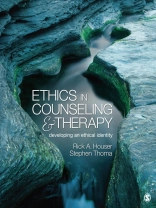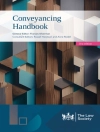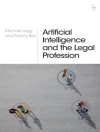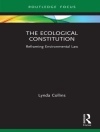Ethics in Counseling and Therapy develops ethical competence through an understanding of theory. Using a multidisciplinary theoretical framework that draws on theories from disciplines such as philosophy, sociology, and moral psychology, Houser and Thoma help readers to develop their own ethical identity and judgment, and to reflect on personal values. Focusing on the ethical theories upon which decision making is based, this text gives students and practitioners the tools and confidence they need to be able to make the best decision possible when confronted with real-life ethical situations. The authors also emphasize the importance of professional ethical identity development as a dynamic, ongoing process to be continuously enhanced. Self-reflection activities are suggested to promote the development of a professional ethical identity.
Содержание
Section I- Introduction and Foundation of Ethical Reasoning and Decision-Making
1. Introduction
2. Professional Identity and Ethics
3. Awareness and Sensitivity to Ethical Issues
4. Cognitions and Reasoning/Hermeneutics
Section II- Ethical Issues in Counseling
5. Client Autonomy and Client Rights
6. Dual Relationship
7. Counselor Competence
8. Diversity and Multicultural Competence
9. Use of Technology and Ethics
10. Supervision and Ethics
11. Ethical Use of Research in Counseling Practice
12. Professional Codes of Ethics and the Law
Section III- Ethical Theories and Cases
13. Western Theories of Ethics
14. Eastern Theories of Ethics
15. Middle Eastern Theories of Ethics
16. Native American, Latino and Pan African Ethics
Об авторе
Steve Thoma is professor and Coordinator of the Educational Psychology Program at The University of Alabama. He received his doctorate from the University of Minnesota in 1986 with an emphasis in personality and social development and a focus on moral psychology. He conducts research on the measurement of moral judgment.












